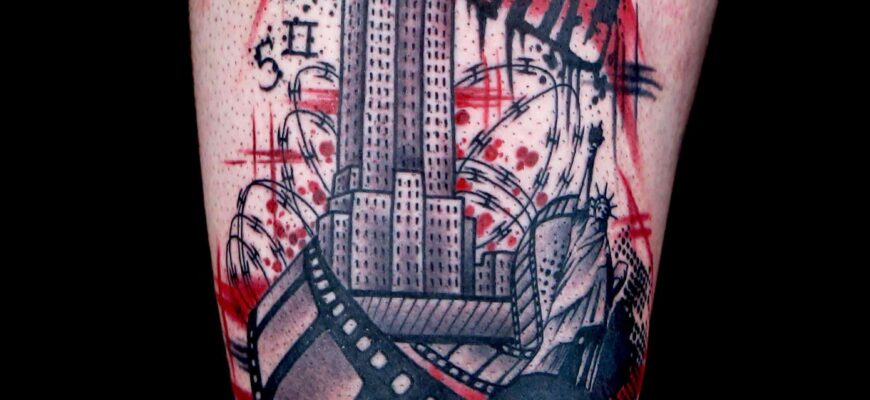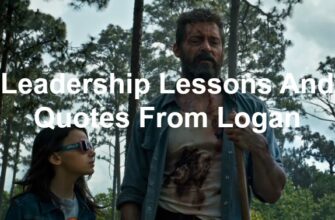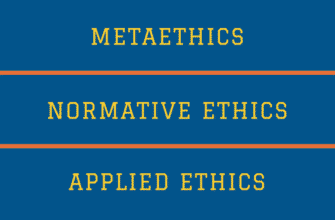The following is from guest writer, Ed Russo.
You may have noticed that tattoos are much more prominent than they used to be. What was once taboo has evolved into an artistry displayed in boardrooms and bar rooms across the globe. Leading this charge, today’s tattoo artists are challenged to do more than a one-color anchor on an over served sailor. Putting a less than perfect tattoo on someone is unacceptable, intolerable, and in my opinion, criminal. Tattoo customers have to walk around with the artist’s interpretation of their vision for everyone to see for all time. The level of trust and empowerment bestowed on the artist can only be matched by a surgeon.
Creating tattoo art on a sketch pad seems pretty safe, but what happens when you make it a nationally televised competition? On the Spike TV series Ink Master rock legend Dave Navarro and tattoo icons Chris Nunez and Oliver Peck judge artists as they perform timed-challenges spanning an array of styles and techniques on willing (and brave) human canvasses. The human canvases, the people getting tattooed, along with the judges have a vote in the competition. This season pairs tattoo rivals to see who is the better artist and competitor. This combative dynamic adds a level of excitement but also makes it more cringe-worthy. Imagine the pressure of potentially causing someone to walk around with your imperfect tattoo forever?
The human canvas has very specific expectations: I am going to tell you what I want. You are going to draw it. I am going to like it. You will draw it on my body perfectly. I will be pleased with your final product… forever. Similarly, as leaders, our teams trust that we will make decisions that everyone can live with long-term. With that trust comes the assumption that 100% effort and attention to detail will be given.
Our business is the human canvas that will be on display for all critics, both internal and external. Would you be ok tattooing your last three business decisions on your arm? Syndicated leadership columnist and Forbes contributor Mike Myatt thinks public scrutiny is actually a great filter for decision making.
There are no private decisions. Sooner or later the details surrounding any decision will likely come out. If your decision were printed on the front page of the newspaper how would you feel? What would your family think of your decision? How would your shareholders and employees feel about your decision? Have you sought counsel and/or feedback before making your decision?
The most successful leaders are the ones with conviction, who have done the research prior to the decision and are willing to stand behind their work. Would your decision making process be different if you knew it would be forever documented on someone’s body for the whole world to see for all time? Do you take the tattoo artist’s approach? A few blogs ago Jay Mohr challenged you to put your name on it. This time Dave Navarro wants you to use permanent ink and Old English font.
________
Ed Russo is the Program Manager for the National Center for Missing and Exploited Children. Mr. Russo works with educators, law enforcement, community leaders, and government officials to implement child safety resources into schools and communities across the country. Through presentations and trainings, Mr. Russo provides participants with information about how safety resources can help prevent the victimization of children. Prior to joining the Center he was a Human Resources Manager in a Florida County Clerk’s Office and has over 18 years of teaching experience. Mr. Russo is a graduate of the University of Rhode Island with a BS degree in Education.
Mr. Russo can be contacted through Twitter and LinkedIn.








